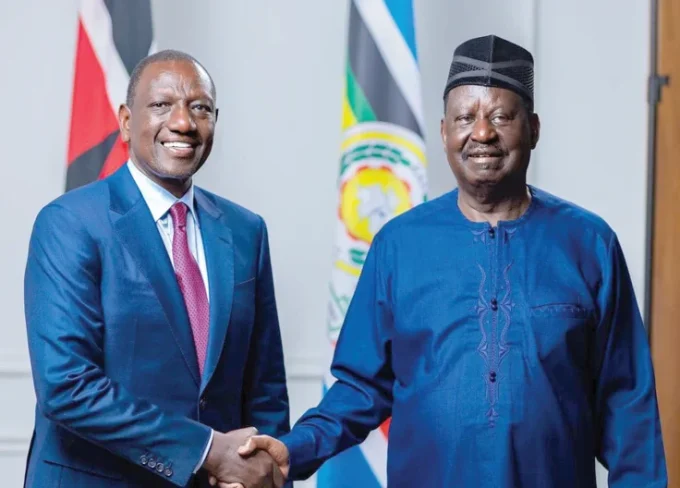The Government will split Kenya Revenue Authority (KRA) into two independent agencies by the end of this year, ushering in a new era for the tax collector that will be marking its 20-year anniversary in June. According to the National Treasury Budget Policy Statement (BPS), the process of splitting KRA, which was started in 2013, is being fast-tracked.
“The National Treasury, working with KRA, will develop and implement revenue administration reforms including submitting for enactment the two bills on the re-organisation of KRA into two semi-autonomous but inter-dependent agencies,” stated the National Treasury. The Inland Revenue Agency Bill and the Customs and Border Protection Agency Bill are expected to be tabled before Parliament this year, kick-starting the process of splitting the powerful state organ.
The split will see the formation of Inland Revenue Agency, which will be charged with catering for Medium and Small Taxpayers (MST), and Large Taxpayers (LT) and the Customs and Border Protection Agency which will handle customs services.
“Thereafter in 2015, the National Treasury, upon enactment of the two bills into law, will commence the process of making the agencies operational, including developing a framework for entrenching competency and integrity into the two organisations,” states the National Treasury.
This is the first major split the Kenya’s tax collection agency has had since its establishment by an Act of Parliament, Chapter 469, which became effective on 1st July 1995. Kenya has since seen its Gross Domestic Product (GDP) grown by 500 per cent from $9 billion to $55 billion as at 2013. With the exponential growth in the economy, a widening middle class and bursting SME-driven economy, the country’s sole tax collecting agency has been stretched thin having to administer the increasingly complex demands for tax policy.
















































![Pula Co-Founders and Co-CEOs, Rose Goslinga & Thomas Njeru. Pula provides agricultural insurance and digital products to help smallholder farmers manage climate risks, improve farming practices and increase their incomes. [ Photo / Courtesy ]](https://businesstoday.co.ke/wp-content/uploads/2021/01/Pula-Co-Founders-and-Co-CEOs-Thomas-Njeru-Rose-Goslinga.jpg)




























































Leave a comment